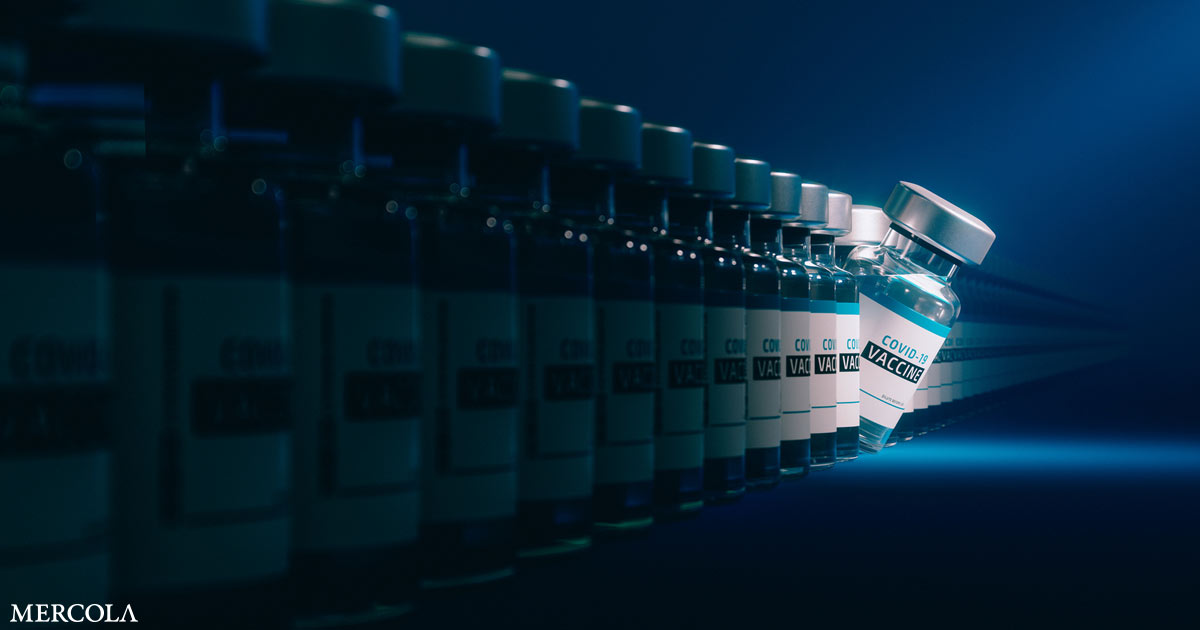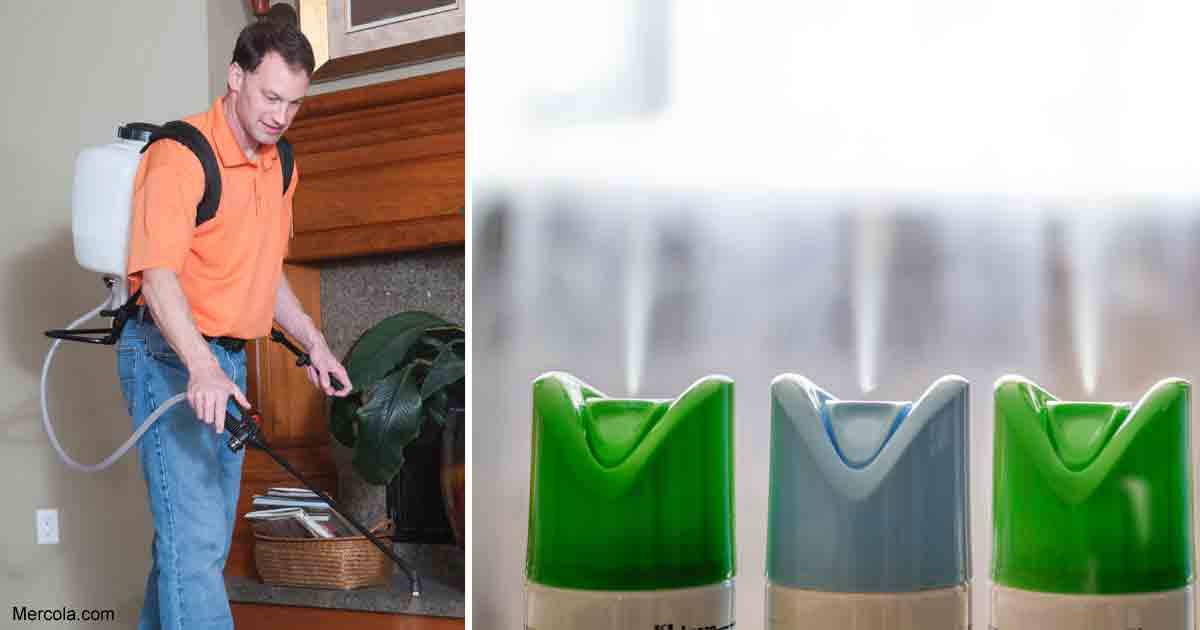
[ad_1]
The new study “fits in well” with that overall body of research, said Alexis Temkin, a toxicologist with the nonprofit Environmental Working Group in Washington, D.C.
It links hair product use to hormonal differences that are consistent with some of the health effects that have been tied to such products, according to Temkin.
The findings — published in the journal Environmental Research — are based on 1,070 pregnant women in Puerto Rico who made up to three study visits over the course of their pregnancy. They completed questionnaires on personal product use and gave blood samples to have their hormone levels measured.
Overall, levels of estrogen, progesterone and testosterone were lower among women who reported using “other” hair products, versus nonusers. That category included dyes, straighteners, bleaches and mousse, but not shampoo, conditioner, hair spray or hair gel.
It’s not clear, according to Rivera-Nunez, whether women who use those hair products might be exposed to particular chemicals that are problematic, or have a higher level of exposure to endocrine disruptors.
Beyond that, there are many factors that might sway pregnancy hormones. The researchers factored in the variables that they could — such as women’s pre-pregnancy body weight, income and education levels, as well as their smoking and drinking history.
But it’s not possible to account for everything, Rivera-Nunez said.
For now, she recommended that women who are pregnant or planning a pregnancy read labels and be aware of what they are putting on their bodies. At the same, she acknowledged that those labels are not necessarily consumer-friendly.
“The lack of good labeling is a problem,” Rivera-Nunez said.
Temkin advised looking out for the word “fragrance” — a harmless-sounding term that actually includes a broad range of undisclosed chemicals, some of which may be endocrine disruptors.
More information
The Environmental Working Group has more on personal care products’ ingredients.
SOURCES: Zorimar Rivera-Nunez, PhD, MS, assistant professor, biostatistics and epidemiology, Rutgers School of Public Health, Piscataway, N.J.; Alexis Temkin, PhD, toxicologist, Environmental Working Group, Washington, D.C.; Environmental Research, Nov. 17, 2021, online
[ad_2]
Source link








